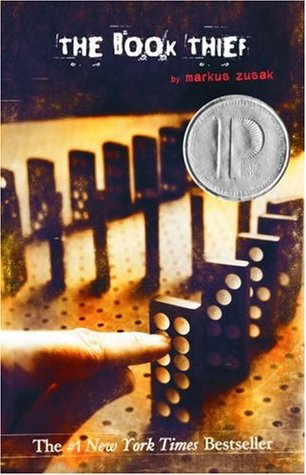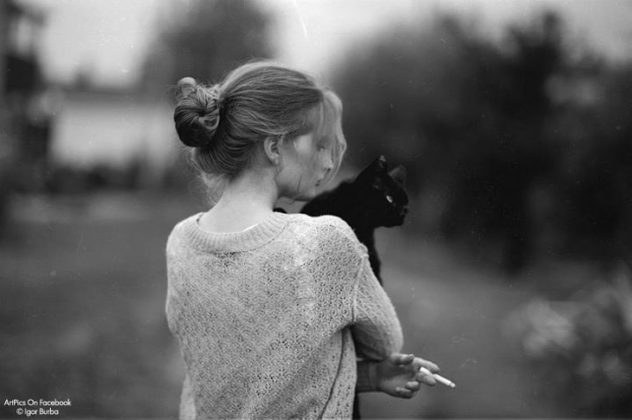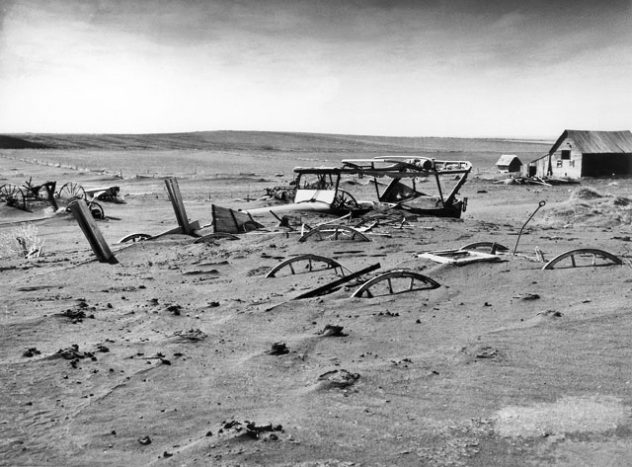A New Beginning
Dear future daughter,
I must tell you something special,
It’s essential to deviate from society.
A mindless civilisation,
forced to fear life,
creating toys that destroy.
Blocking away the serenity,
taking all self-identity,
hiding most lenity.
Dear future daughter,
I must tell you something special,
It’s essential to plant a rose.
Red like a berry,
Leaves humming birds whistling,
And joyous winds gushing.
Beauty as pure as the sun,
So brilliant,
In deceiving the man.
Dear future daughter,
I must tell you something special,
It’s essential to be fearless.
These days we all dread ‘booms’,
Wiping out multiple families,
Our own creation.
In this new technology era,
More are found dead than alive,
Only the strongest survive.
Dear future daughter,
I must tell you something special,
Nature always preservers.
Oceans swarm over top of buildings,
Hot plates shake our ‘home’,
Animals chase after enemies.
The earth will finally find its place,
Man will be gone,
And the rose will flourish.
Dear sweet daughter of mine,
Life is blissful and filled with laughter,
You mustn’t let the man destroy your home.
My poem is about a mother informing her future daughter to be herself inside a totalitarian environment that has taken away individuality and destroyed everything around it. Her advice is to plant a rose. The rose symbolizes a balance of nature and with its beauty it can express promise, hope, love and new beginnings. The man symbolizes us and all that we have created/destroyed. It represents the people in a totalitarian society. When the mother states that: “life is blissful and filled laughter,” she is talking about how it should be and how it used to be. I used repetition to add value to what the “mother” was saying. I added similes to help create a picture in the reader’s mind and a better understanding of the poem. The rhymes, alliterations and the assonances created a nice ring to the poem when it is being read. Finally, I used onomatopoeia to make my poem a little different from others.
